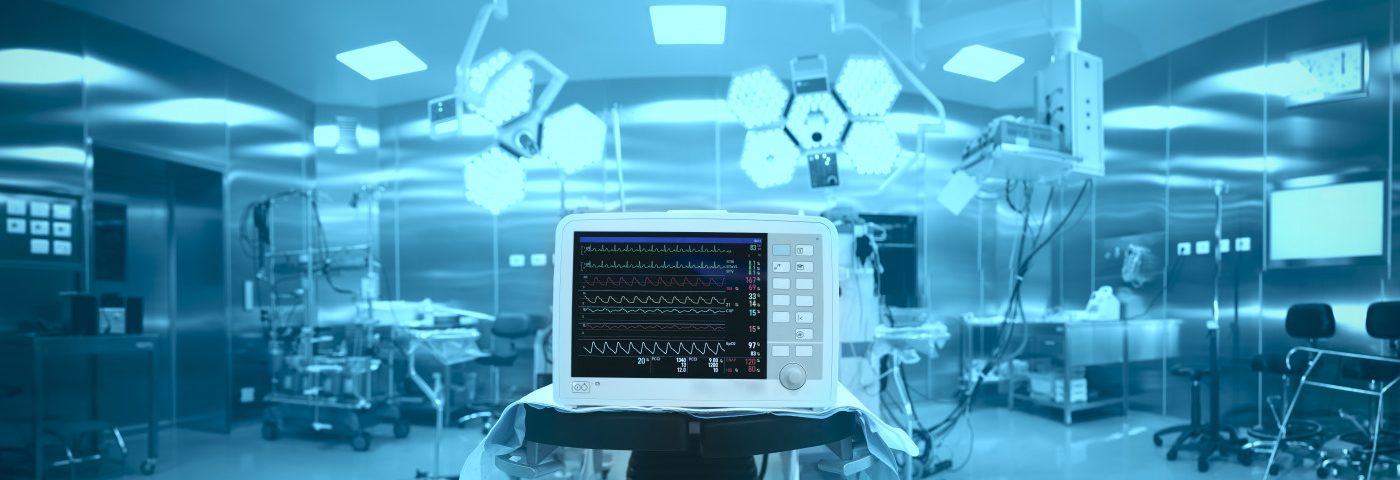Misconceptions and fears that many breast cancer patients facing radiation therapy have are typically not realized because of modern techniques, researchers report.
Indeed, an overwhelming majority of patients surveyed for this study — comparing pretreatment beliefs with experiences — agreed that initial negative impressions were unfounded.
These findings, published in CANCER, a scientific journal of the American Cancer Society, are in the article, “The Patient’s Perspective on Breast Radiotherapy: Initial Fears and Expectations Versus Reality.”
Radiation therapy uses high-energy rays or particles are used to eliminate cancer cells,and may be used before or after surgery or as primary treatment alone.
Significant advances over the past two decades allow clinicians using the therapy to spare other organs, to create an individual plan for each patient, and to deliver treatment on more convenient schedules.
The researchers, led by scientists at the University of California Los Angeles, surveyed 502 patients treated for breast cancer between 2012 and 2016.
“We wanted to look at the patients’ perspective of the breast cancer radiation experience, to have tangible real-world data to guide future patients and providers in their decision making,” Narek Shaverdian, MD, a study co-author, said in a press release.
Among the 327 patients who responded to the survey, a majority (about 83 percent) underwent breast conservation surgery, or a lumpectomy and radiation therapy; others underwent a mastectomy.
A majority — 68 percent or 221 patients — of respondents had little or no knowledge of radiation therapy prior to treatment, and 47 percent — 152 people — acknowledged hearing unsettling and frightening reports.
Post-treatment, however, an overwhelming majority of those treated with breast conservation therapy (92 percent or 247 people) and those who had a mastectomy (81 percent or 47 patients) agreed with the statement: “If future patients knew the real truth about radiation therapy, they would be less scared about treatment.”
The overall severity of short-term and long-term side effects was also considered to be better than expected by most patients, more than 80 percent in the two groups.
“The word radiation itself sounds frightening and is associated with many negative news stories, but the implications of this study are that, in actuality, radiation therapy for breast cancer is a much better treatment experience than perceived,” said Susan McCloskey, MD, also a study co-author. “We hope these real-world data from the voices of past patients can give future patients a better understanding of modern breast radiation therapy when making treatment decisions.”
There are two types of radiation therapy for breast cancer: external beam radiation, the most common, and brachytherapy, which is administered internally.

